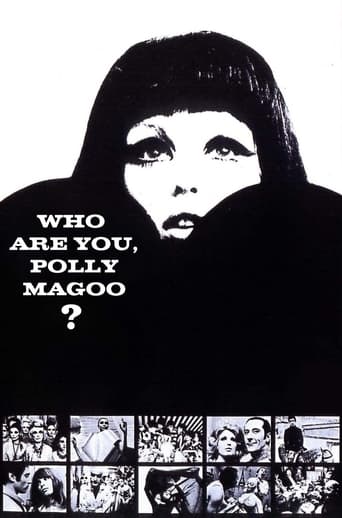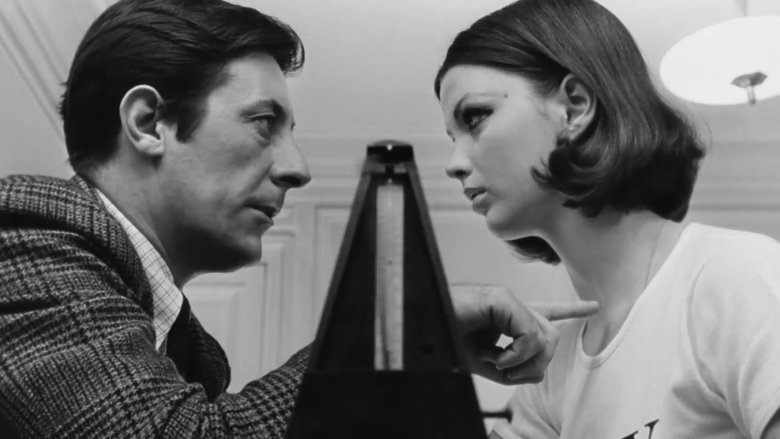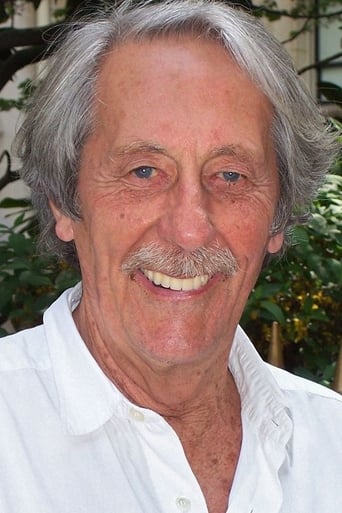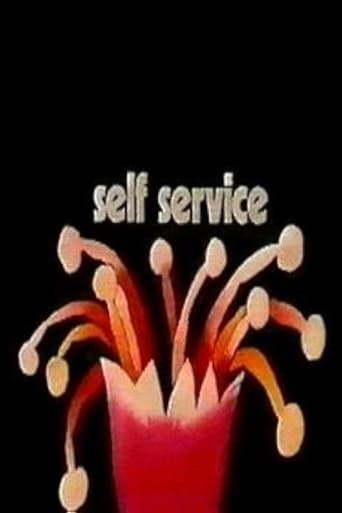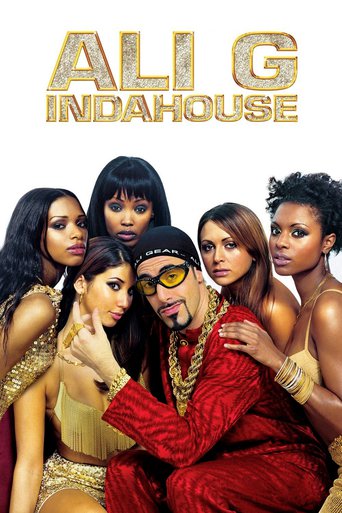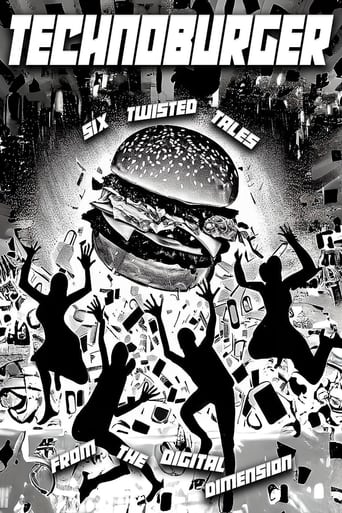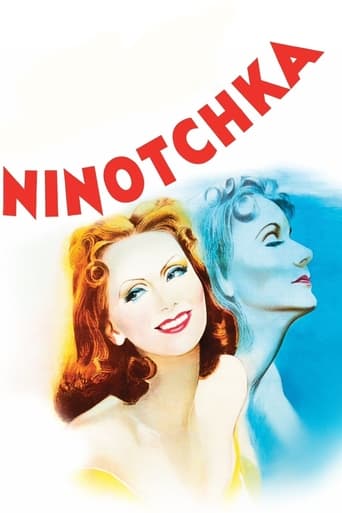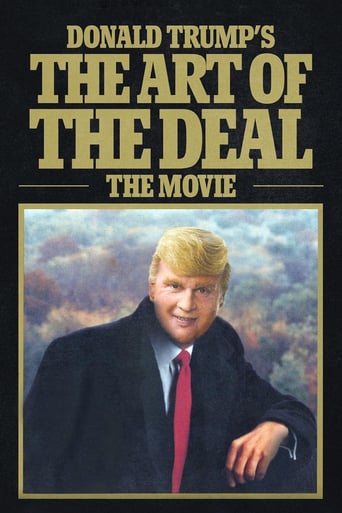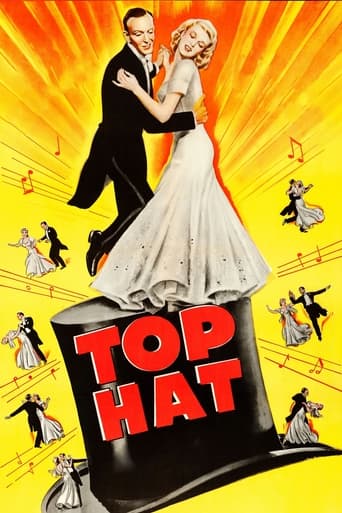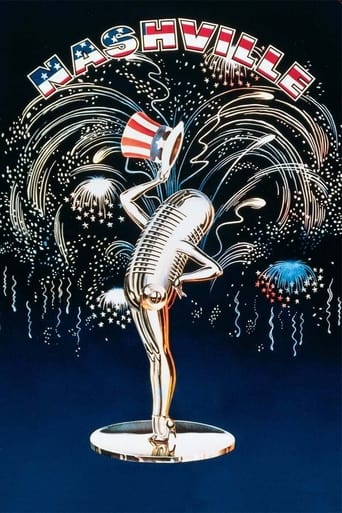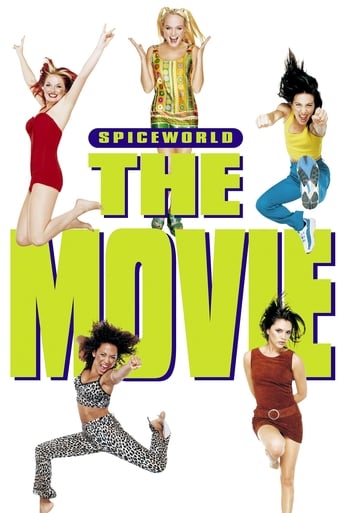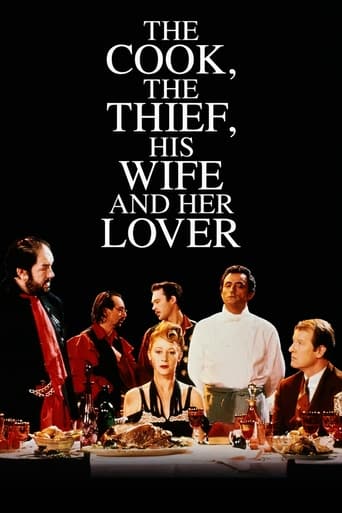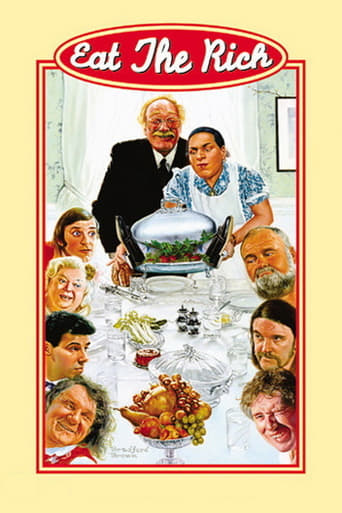Who Are You, Polly Maggoo? (1966)

In this excoriating satire of the fashion industry, Polly Maggoo is a 20-year-old Brooklyn-born fashion model in Paris, on the runway at the big shows where magazine editor Ms. Maxwell is the reigning opinion maker. The ridiculous passes for sublime. Polly becomes the subject of an episode of a vapid TV news documentary series called "Qui êtes-vous?" and is pursued by the filmmaker and by the prince of Borodine, a small country in the Soviet bloc.
Watch Trailer
Cast


Similar titles
Reviews
not as good as all the hype
A film with more than the usual spoiler issues. Talking about it in any detail feels akin to handing you a gift-wrapped present and saying, "I hope you like it -- It's a thriller about a diabolical secret experiment."
It's easily one of the freshest, sharpest and most enjoyable films of this year.
Exactly the movie you think it is, but not the movie you want it to be.
Lesser known French New Wave filmmaker (lesser known probably because he was actually an American directing movies in France) William Klein directs this crazy film about model Polly Maggoo (Dorothy McGowan). The film is narratively insane - it goes everywhere and anywhere on a whim without too much of a clear story. It's reminiscent of Godard's more fun films, or maybe even some of the stuff Richard Lester was doing at the time like Help! and The Knack. It satirizes both the fashion world and filmmaking (Maggoo is besieged by a filmmaking crew doing a doc on her). A lot of cool images here. Not for those who insist on a strong narrative, but I enjoyed it a lot.
Absurdist comedy is a tricky thing to get right. This movie manages well in the opening scenes, which involve a bizarre fashion show and model Polly being propositioned by a string of losers on the street, and at its best it is reminiscent of the early films of Richard Lester. The director, however, has no interest in, or is incompetent at, story telling, and the film becomes a hodgepodge of miscellaneous nonsense. Sometimes it is still interesting, and it is always visually striking, but at times the movie becomes so random, with characters speaking in long sequences of non-sequitors, that it was painful. At best, this is an interesting curio, but as a movie it's a failure.
Perhaps, to be fair, I should re-watch the film, but at this point although it was a decent satire, there are so many more informative and entertaining films and books on this subject.The film has some interesting scenes, and references to the emptiness and transitory nature of the profession as we see the documentary filmed on the streets of London. Grayson Hall ("Night of the Iguana")has an interesting cameo.Overall, it seems the modeling industry is too complex, and variegated to be successfully depicted on film. Films such as "Unzipped" and "Seamless" touch on the subject. Television shows such as Darren Star's "Models Inc." can only graze the surface of a very moneyed and unpredictable business.If you are truly interested in an expose on the modeling industry, you may want to read "Model" by Michael Gross, senior writer at Esquire and former fashion columnist for the New York Times. Former high fashion model Marie Helvin has also written "Catwalk", which proves very informative on this subject as well.
Although certainly superior to the other two releases in the Eclipse 3 DVD set of William Klein films, 'Who Are You, Polly Maggoo?' still suffers from the same debilitating loss of steam and shapelessness which bog down the later 'Mr. Freedom' and the prescient (if turgid) 'The Model Couple'.After a promising start with a Paris fashion show, where rake-thin models parade through a cave in Dadaesque conical aluminium outfits, we are introduced to the eponymous heroine who is being profiled for a TV show which shares the films title. Dorothy McGowan is the unconventionally pretty (and highly appealing) Polly, whose life story is that of a 1960's Cinderella; plucked from obscurity from a crowd of Beatles fans at Kennedy Airport, as she was in real life, and rocketed to become the next supermodel. We are also introduced to an ennui glazed Prince, who fantasizes about procuring Polly, while the director of the TV profile slowly comes to find himself ensnared by her bemused charm. Cross-cut with this basic story are pretty pointless secondary characters who amount to little in the grander scheme of the film. There are the Rosencrantz and Guildenstern like dolts who go off to try and fetch Polly for their Prince (their absurdist exploits become highly annoying before long) and an sadly underwritten Rasputin-like figure who seemingly works for the Prince's mother. Although often labeled as a critique of the fashion industry (surely a very soft target for satire) there is much more going on in the heart of this film. Klein has plenty of scope to pursue the meaninglessness of celebrity and how all (even those who posses it themselves) can succumb to the fantasy ideal that it enticingly instills in us, along with notions of individual self and the ever present critique of American vs. European sensibility. However, too many scenes are fractured away from the main points (the minutiae of the Prince's daydreams get rather tedious) and the change in mediums, like the animated sequences, seem thrown in to try and grab the audiences interest from floundering rather than present any real structural intention. Fantasy sequences such as Polly's daydream about the TV directors family (reminiscent in tone to the 1965 Terry Southern scripted masterpiece 'The Loved One') show some gripping vision but, again and again, Klein drops the ball by succumbing to the same excesses which would later characterize a certain type of 1960's film-making (such as the all-star spoof 'Casino Royale' or the great Alexander Mackendrick's directorial swan song, 'Don't Make Waves' - both released 1967). As a visionary stylist, Klein excels but as a theorist and social commentator he flounders hopelessly in circular arguments and observations. As with the director's other fictional films, 'Who Are You, Polly Maggoo?' gives plenty in the way of wacky antics and visually impressive set-pieces but delivers little in regards to a coherent, tightly structured film experience.

